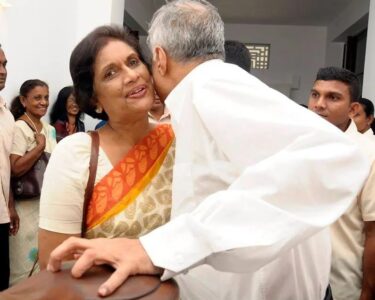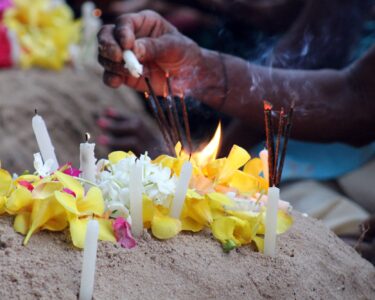On the fateful date of November 14, 2023, the arrest of Nathasha Edirisooriya, a promising young stand-up comedian, sent ripples of concern through the community. Charged under the International Covenant on Civil and Political Rights (ICCPR) Act no. 56 of 2007, her arrest raised crucial questions about freedom of expression and the potential misuse of legal provisions.
Nathasha’s predicament stemmed from comments made during a comedy show on April 1, 2023. Subsequent adverse reactions prompted her to issue an apology for any unintended hurt. Despite this, based on complaints to the police, she found herself behind bars on May 27, only to be later released on bail on July 5 by the Colombo High Court. Her case is scheduled to be heard before the Fort Magistrate Court on November 15.
It is very much debatable if, Nathasha’s comments did not advocate religious hatred (Article 3.1 of the ICCPR Act), nor did they contain elements of incitement to discrimination, hostility, or violence (Article 3.2 of the ICCPR Act). The High Court bail order highlighted the absence of evidence linking her performance to violence and the lack of information about societal conflicts related to Buddhists during the period of her statement.
This case unfolded against the backdrop of a broader issue in Sri Lanka, where the police, spurred by complaints from individuals seemingly seeking revenge against those with dissenting opinions, have used the ICCPR Act to make arrests. The act, however, does not grant magistrates the power to provide bail for those detained under its provisions. Despite the Supreme Court expressing reservations about mechanically issuing remand orders, magistrates often comply, allowing suspects to be imprisoned for extended periods without proper judicial scrutiny.
Notable cases, including those of social media commentator Ramzy Razeek and award-winning writer Shakthka Sathkumara, mirror Nathasha’s plight. Both individuals, arrested under the ICCPR Act, faced prolonged imprisonment, suffered severe personal and professional consequences, and endured uncertainty about potential charges.
In September 2023, the Attorney General decided not to press charges against Ramzy, nearly three and a half years after his arrest, and a similar decision was made in February 2021 in Shakthika’s case. Despite these outcomes, the prolonged legal processes and suffering experienced by the accused and their families remain a cause for concern.
A Fundamental Rights (FR) petition was filed at the Supreme Court for the release of Fathima Nushra Zarook, who was arrested for wearing a kaftan depicting a ship’s helm, mistaken by vigilantes and police in Hasalaka as a Dharmachakraya (a Buddhist symbol used to depict the Dhamma and the walk to enlightenment).
The High Court judge in Nathasha’s case underscored the need for a judicial mind in remand decisions, emphasizing that arrests should not be based solely on requests from investigators. This aligns with the sentiment expressed by the Supreme Court regarding the issuance of arrest warrants.
International attention also focused on Nathasha’s plight, with four UN Special Procedures expressing serious concern about her arrest and detention. They highlighted potential violations of her right to freedom of opinion and expression, along with other infringements of international covenants ratified by Sri Lanka.
As the November 15 court date approaches, there is an opportunity to rectify the injustice inflicted upon Nathasha. The Attorney General, after five and a half months, can clarify whether charges will be filed against her. The magistrate, despite restrictions on bail under the ICCPR Act, could consider her release based on the circumstances and the observations of the High Court judge and UN Special Procedures.
This date holds the potential to serve as a turning point, rectifying the injustice faced by Nathasha and setting a precedent to prevent further abuses of the ICCPR Act in Sri Lanka. It’s an opportunity for the legal system to uphold the principles of justice, freedom of expression, and protection against unwarranted arrests, ensuring a fair and just society for all
Click to ICCPR act : https://citizenslanka.org/wp-content/uploads/2015/12/International-Covenant-on-Civil-Political-Rights-ICCPR-Act-No-56-of-2007E.pdf







